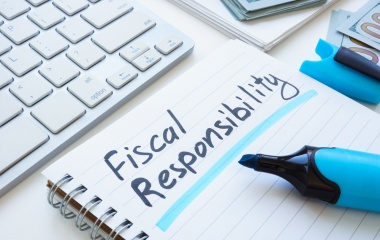
Tragically natural disasters are a relatively common occurrence. The scene is familiar – pictures of destruction and death, with pale looking survivors searching eagerly for help. Calls go out for money to help rebuild lives and property. The cyclone in Myanmar has created a second tragedy, which from a moral point of view surpasses the natural one. The refusal of the counrty’s “leaders” to accept aid, thereby causing so much death and suffering, is one that taints the image of G-d in which man was created. A lesser-known display of moral bankruptcy is the fact that ample warning about the impending disaster was given and nothing was done to avert it.
This moral tragedy raises the question of whether one should provide aid to those whose wounds are self-inflicted. This issue has wide ranging applications and would include the appropriateness of giving a liver transplant to an alcoholic, cancer treatment to a smoker, medical treatment to a wounded (attempted) suicide bomber or financial help to one who refuses to look for a job. While each question has unique factors and must be judged individually, the question of helping those who appear unworthy of such help reveals much about a society. While some might recoil at even asking the question – after all we must not stoop to the low level of others, others may wonder why we would consider helping those who don’t want our help and may in fact want us dead. Both arguments have much logic – ethical dilemmas always contain many shades of gray.
It is crucial to note that the question only pertains to those who themselves are the cause of their own misfortune. We may not punish innocent victims because of their evil leaders. And while people often get the leaders they deserve (even in non-democratic regimes) this can not justify disregard for human suffering.
With rare exceptions Jewish ethics demands that we help even those who are unworthy of help. We must separate the person from the deed. While one may argue that the recipient may deserve his self inflicted wounds, and perhaps that is even true, the spectre of those who are able to help, ignoring the pleas of the suffering, takes an unacceptable moral toll on us. When the need is great one must offer help and ask questions later. Thus one who claims to be hungry should be given food, despite our contrary suspicions, whereas one must investigate a claim of not having what to wear.
Yet there are times when we must not bail a person out. The Talmud rules that if one sells himself into slavery, the community must pay to redeem him. However should one then sell himself into slavery again the community is to let him remain enslaved even until his passing.
However the crucial issue is not whether we should help the unworthy, but, rather given the limited resources that we have available what is the best way to allocate them. This question is the crucial one facing the health care system in Canada for example, and touches upon the core values of society. Should factors such as age, family history, ability to pay, citizenship status, and the moral makeup of the person play a role in determining where scarce resources will be allocated. And if they should, which in some ways they must, to what extent. Surely one factor that must be considered is the effectiveness of the resources spent. Thus it could very well be that aid to those who “refuse” it should not be given, not because they are unworthy recipients, but because such aid will yield much greater results elsewhere. To read more join the torah in motion email list at www.torahinmotion.org



